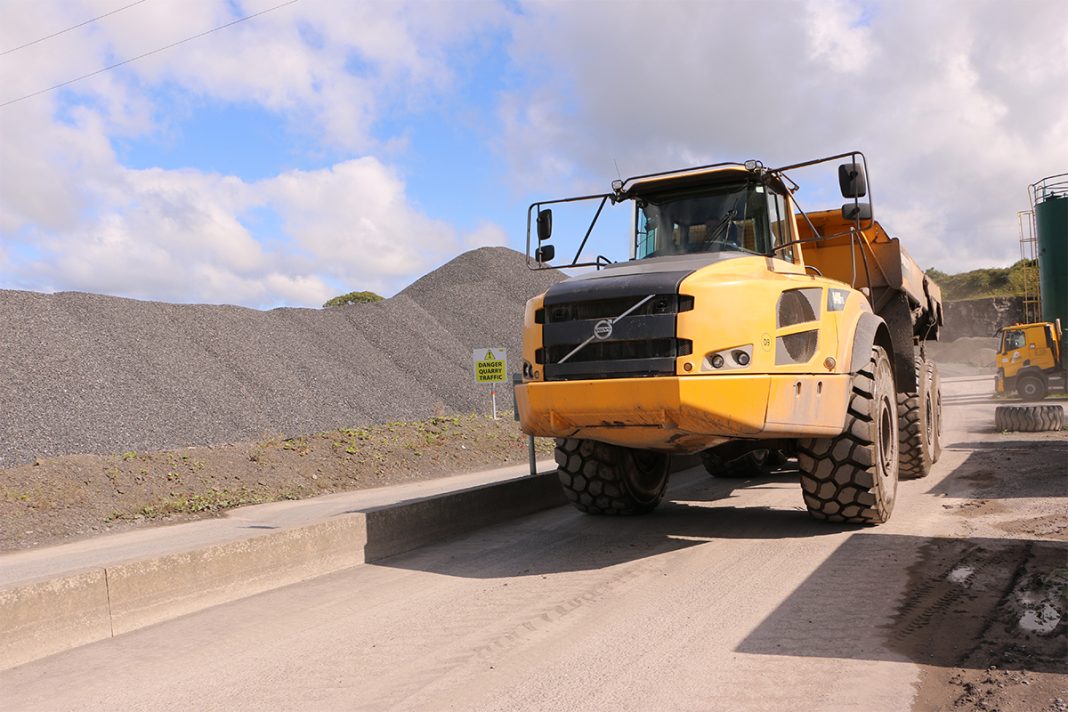Challenges Facing the Construction Industry in Ireland
Amidst a backdrop of seemingly robust financial inflows, courtesy of burgeoning corporation taxes, one can’t help but question why the Irish government hesitates to embark on much-needed infrastructure projects.
The construction sector, particularly SMEs, grapples with mounting challenges, despite record tax revenues reported by the state.
The dysfunction within government departments and the pervasive resource scarcity across state agencies reverberate through every sector of the economy. While surface-level indicators paint a picture of economic strength – with soaring employment rates, buoyant tax returns, and impressive export figures – a deeper dive reveals a stark reality, especially for SMEs within construction.
Talk to any construction firm, and they’ll attest to the relentless struggle to stay afloat. While turnover may increase, profits dwindle under the weight of escalating costs, from labour to materials. The specter of expansion dims as retaining skilled workers becomes increasingly arduous, with many opting for opportunities abroad, perpetuating a talent drain that plagues the industry.
Despite soaring salaries, the construction industry grapples with retention issues, exacerbated by what some perceive as a left-leaning government agenda, compounded by the influence of the Green Party within the coalition. The regulatory hurdles imposed, particularly in planning and environmental domains, hinder progress and suffocate innovation, stifling the industry’s potential.
The consequences of inertia in infrastructure development are dire – an exodus of talent, disillusionment with government efficacy, and a housing crisis exacerbated by inadequate supply. It begs the question: why the reluctance to act when the problems and solutions are glaringly evident?
Government-led interventions, such as minimum wage hikes and statutory reforms, add further strain to construction firms, eroding profitability and impeding growth prospects. Urgent, targeted measures are imperative to alleviate the sector’s burdens and foster resilience in the face of mounting challenges.
As the government mulls over its next course of action, the spotlight intensifies on its ability to deliver tailored support to the construction industry, underpinning its commitment to bolstering the backbone of the Irish economy.
A paradigm shift is imperative – one that prioritizes infrastructure investment, streamlines regulatory processes, and fosters a fair, equitable environment for all stakeholders. Construction holds immense potential, yet it languishes without dedicated governmental attention.
The solution lies in investing in infrastructure, empowering the workforce, and dismantling bureaucratic bottlenecks. Construction merits a dedicated government department, reflective of its pivotal role in driving economic growth and prosperity. It’s time for decisive action – for the sake of construction, for the sake of Ireland’s future.














